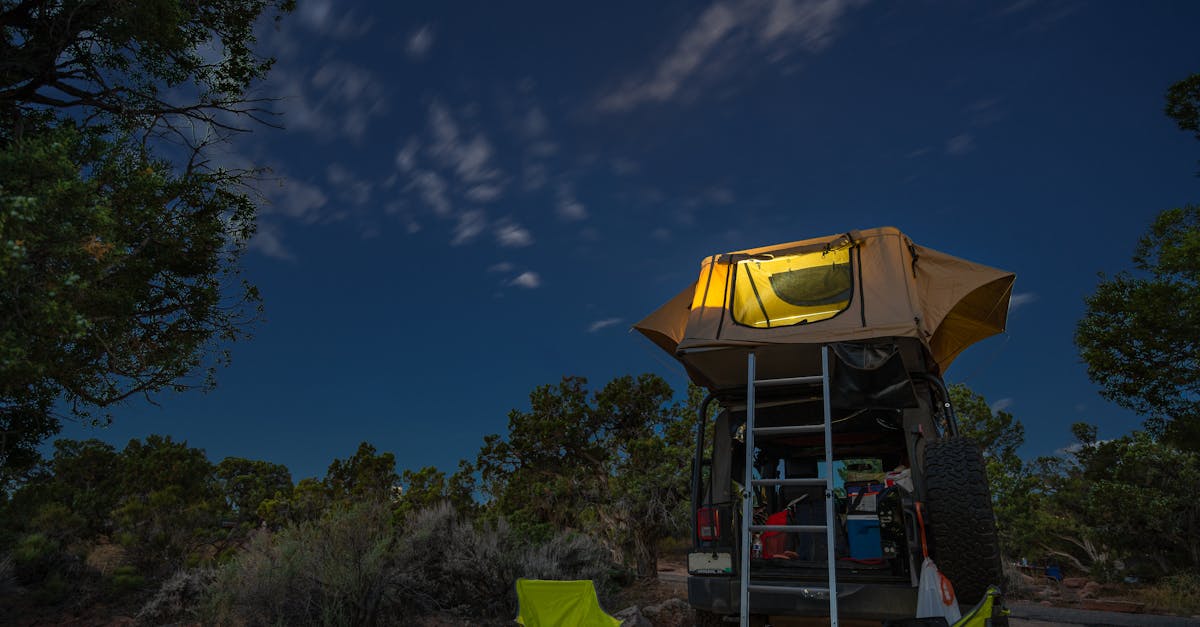Planning a camping trip? We’ve got you covered with essential tips for safe and respectful camping in parks.
Whether you’re a seasoned outdoor enthusiast or a newbie camper, knowing how to navigate park etiquette is crucial for a memorable experience.
From setting up camp responsibly to wildlife safety, we’ll guide you through the dos and don’ts of camping in nature.
Let’s jump into our expert advice to ensure your next outdoor adventure is both enjoyable and environmentally conscious.
Key Takeaways
- Research and understand park rules and regulations to ensure safety and environmental conservation.
- Choose designated campsites and avoid fragile ecosystems to minimize impact on the environment.
- Set up camp responsibly by pitching tents on durable surfaces, disposing of waste properly, and following campfire regulations.
- Practice Leave No Trace Principles to reduce environmental impact, including packing out trash and respecting wildlife.
- Follow wildlife safety measures like maintaining a safe distance, observing animals from afar, and storing food securely to prevent attracting wildlife.

Research Park Rules and Regulations
When planning a camping trip, it’s crucial to research and understand the specific rules and regulations of the park you’ll be visiting.
Each park has its unique set of guidelines to ensure the safety of visitors and preservation of the environment.
Before you head out, take the time to visit the park’s official website or contact park officials to familiarize yourself with:
- Camping restrictions
- Open and closed areas
- Campfire regulations
- Waste disposal guidelines
By following these regulations, we not only ensure our safety but also contribute to the conservation of these natural spaces. For more information, visit the National Park Service website.
Choose a Suitable Campsite
When choosing a campsite, look for designated areas to set up your camping gear. These spots are typically flat and clear of rocks and debris, offering a safe and comfortable space to pitch your tent. Consider proximity to water sources but always adhere to park regulations about camping near rivers or lakes.
Avoid fragile ecosystems like meadows or off-limits areas, as they are vital to the park’s biodiversity. Camping on durable surfaces like established campsites helps minimize your impact on the environment. Remember to check for any restrictions on campfires or specific rules about camping in the chosen area.
Before heading out, consult the National Park Service website for detailed information on campsites and regulations.

Set Up Camp Responsibly
When setting up camp, it’s important to choose a designated campsite to minimize our impact on the environment. Look for flat, cleared areas away from vegetation. Avoid setting up on fragile grounds like meadows to protect delicate ecosystems.
- Pitch tents on durable surfaces to prevent unnecessary damage.
- Keep our campsite clean by properly disposing of waste and recycling.
- Follow regulations on campfires to prevent wildfires and preserve natural habitats.
For more detailed information on camping responsibly, visit the National Park Service website before your trip. Remember, by being mindful of our surroundings, we can all enjoy the beauty of nature while keeping it pristine.
Practice Leave No Trace Principles
When camping in parks, it’s important to Practice Leave No Trace Principles to minimize our impact on the environment. Here are some tips to help us tread lightly:
- Pack it in, pack it out: Remember to take all your trash with you when you leave.
- Stay on designated trails: Help protect natural habitats by sticking to marked paths.
- Respect wildlife: Keep a safe distance and never feed or approach animals.
- Minimize campfire impact: Follow park regulations and use existing fire rings when possible.
By following these principles, we can enjoy the outdoors responsibly while preserving the beauty of our parks for future generations. Check out the Leave No Trace website for more detailed guidelines on responsible outdoor ethics.

Wildlife Safety Measures
When camping in parks, it’s crucial to respect wildlife by following these safety measures:
- Maintain a safe distance from animals
- Observe from afar, do not feed them
- Store food securely to prevent attracting wildlife
Ensure our safety and theirs by being responsible around wildlife. For further information on wildlife safety, visit the National Park Service website.

